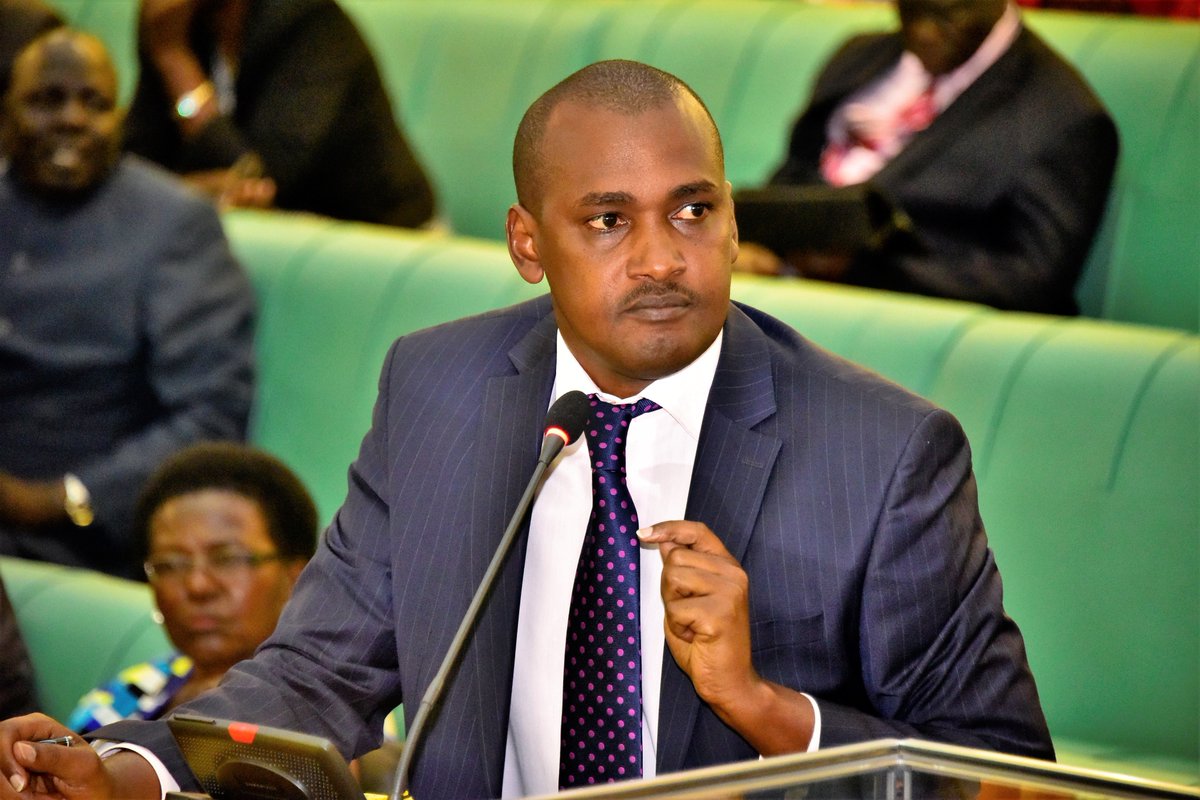The Minister of ICT, Frank Tumwebaze has defended the decision to ban the sale of airtime scratch cards saying that it was a security threat having discovered that these cards were untraceable and aiding the use of unregistered simcards.
Effective August 1 (yesterday), all airtime scratch cards still in circulation within Uganda were rendered invalid, a day after the deadline by government and telecom operators on the use of these cards would end.
Read More: UCC to Effect Ban on Airtime Scratch Cards on July 31
Tumwebaze said that the ban of the scratch cards was part of the interventions arrived at by telecom operators together with security agencies with a view of finding solutions to the phone-based security threats.
He was Tuesday making a presentation in Parliament in response to queries raised by some of the MPs regarding why government banned the use of the scratch cards.
“Early this year, our country experienced an unprecedented surge in the number of crimes committed using mobile phones, including the rampant kidnaps and murders of several women, such as Susan Magara and the Entebbe women,” Minister Tumwebaze told the House.
In order to improve the security situation, he said, Cabinet in March agreed to the streamlining of sim card registration processes and subsequently, an inter-Ministerial Committee of Cabinet involving Internal Affairs, Security and ICT was formed to find solutions to criminality that was perpetrated using phones.
Some of the measures implemented, included installation by all telecom operators of Biometric card readers such that all SIM Card Registrations and SIM Swaps are done only upon electronic verification of the biometric details of the SIM card applicant.
He added that other related measures were proposed in line with improving traceability of mobile phone users.
“UCC and the security agencies recommended to government that vending of air time cards was directly linked to the selling of illegally registered Sim cards and would facilitate airtime recharge and top-ups manually without any digital tracing,” Tumwebaze told Parliament.
According to the Minister, the use of electronic recharge systems was therefore recommended as “the most viable and secure option, with so many other attendant advantages”.
He said that this system has already been adopoted in many other developed and developing countries, including South Sudan and Zimbabwe.
He outlined the advantages of the new system, saying it will improve the process of directly tracing vendors/hawkers/stockists and eventually their customers who procure airtime electronically.
Also Read: Dealers, Individuals with Invalid Airtime Scratch Cards to be Refunded
Tumwebaze downplayed the claims that the ban of scratch cards is going to render those who have been agents and salespersons jobless.
“All vendors who have been selling the paper version of airtime scratch cards have been given the opportunity to sell the same airtime in a digital format using an ordinary phone as a tool of trade, and have been duly registered by the telecom operators,” he said.
He added that electronic sale of airtime will improve revenue assurance by government, since URA can determine the amount of airtime sold by telecom operators and agents and thus rule out any tax under declarations.
“This system will reduce e-waste caused by the many scratch cards that are thrown into the environment”.
He further told the House that air time scratch cards were an additional cost (manufacturing, importation and distribution) to the provision of communication services in Uganda which increases the overall cost of doing business.
The importation, Tumwebaze said, adds on Uganda’s importation bill, resulting into capital flight.










